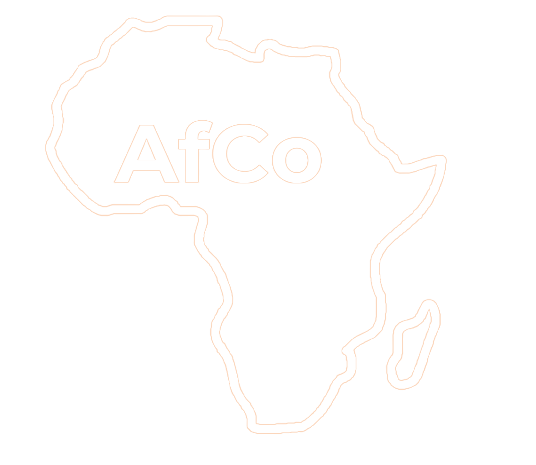International organizations and constitutional order in Africa
The constitutional order in African states has evolved significantly since decolonization. It has undergone considerable transformations. Originally a formally constitutional order, since the end of the Cold War and the wave of democratization of the 1990s it has become a substantively democratic order. However, for several years, the constitutional order has come under pressure and is regularly called into question, either by current heads of state monopolizing power in defiance of the principles of the rule of law, or by military coups, prompting often forceful responses from international and regional organizations—which have legally assumed the role of guarantors of the stability of the constitutional order throughout the world. While the contribution of international organizations to the establishment of a democratic constitutional order in African states is undeniable, it is nevertheless worth examining their effectiveness in ensuring its lasting stability. This is the objective of the present contribution which, through an analytical, empirical, and institutionalist approach, highlights the insidious way in which these organizations’ actions may stray from their intended objectives, sometimes failing to align with an objective commitment to democratic values.
